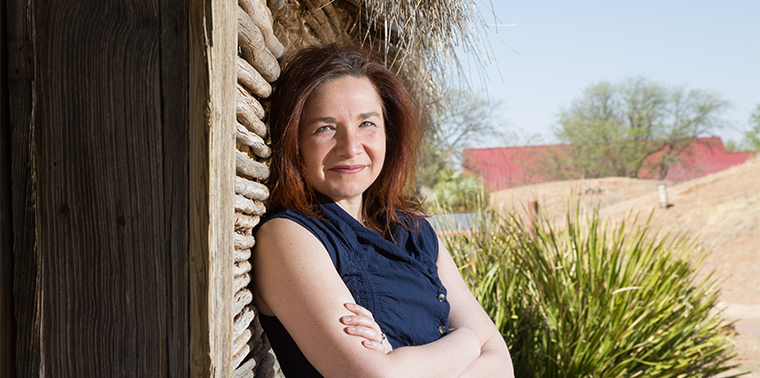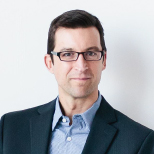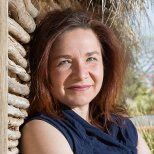June 16, 2016 — Katharine Hayhoe is a leading climate scientist at Texas Tech University and has been featured in documentaries such as “Years of Living Dangerously,” but she’s probably best known for engaging diverse communities — including Evangelicals — in an ongoing discussion about the impacts of climate change. Hayhoe recently stopped by Ensia’s offices to talk about her experiences bridging the climate change divide.



Think about the climate change controversy like we did about cigarettes 30-50 years ago. Most people understood that cigarette smoking was bad for us, but we felt helpless and powerless in the face of overwhelming odds. We were not only addicted to nicotine, but to our acceptable social discussions, the advertisements, and the cultural ubiquitousness of smoking, in addition to the power of tobacco as an institution in the United States. So the solution was to remain silent or, or at most, speak quietly with a mild amount of sarcasm about "cancer sticks."
While the parallels are not completely in line, they are certainly sufficient to use the same tactics, which is what the fossil fuel industry is doing. They even employed some of the same denial purveyors, many of whom moved from the denial of the health effects of smoking, to the denial of the health effects of secondhand smoke, to the denial of the greenhouse effect, to the denial of global warming, to the denial of climate change.
The change will come, it is just a matter of how much painting we will go through as a species before it happens. It appeared that the Paris agreement would be the tipping point, but with Britain's vote to exit the European Union, that agreement may need to be renegotiated. Whether we are able to cut emissions fast enough is the main problem right now.
See "The Power of Market Fundamentalism" by Block and Somers.
There is no such thing now, and never has been a "free" market. Republicans promise a utopian self-regulated market economy and will never be able to deliver. Classic political overpraise and under deliver.